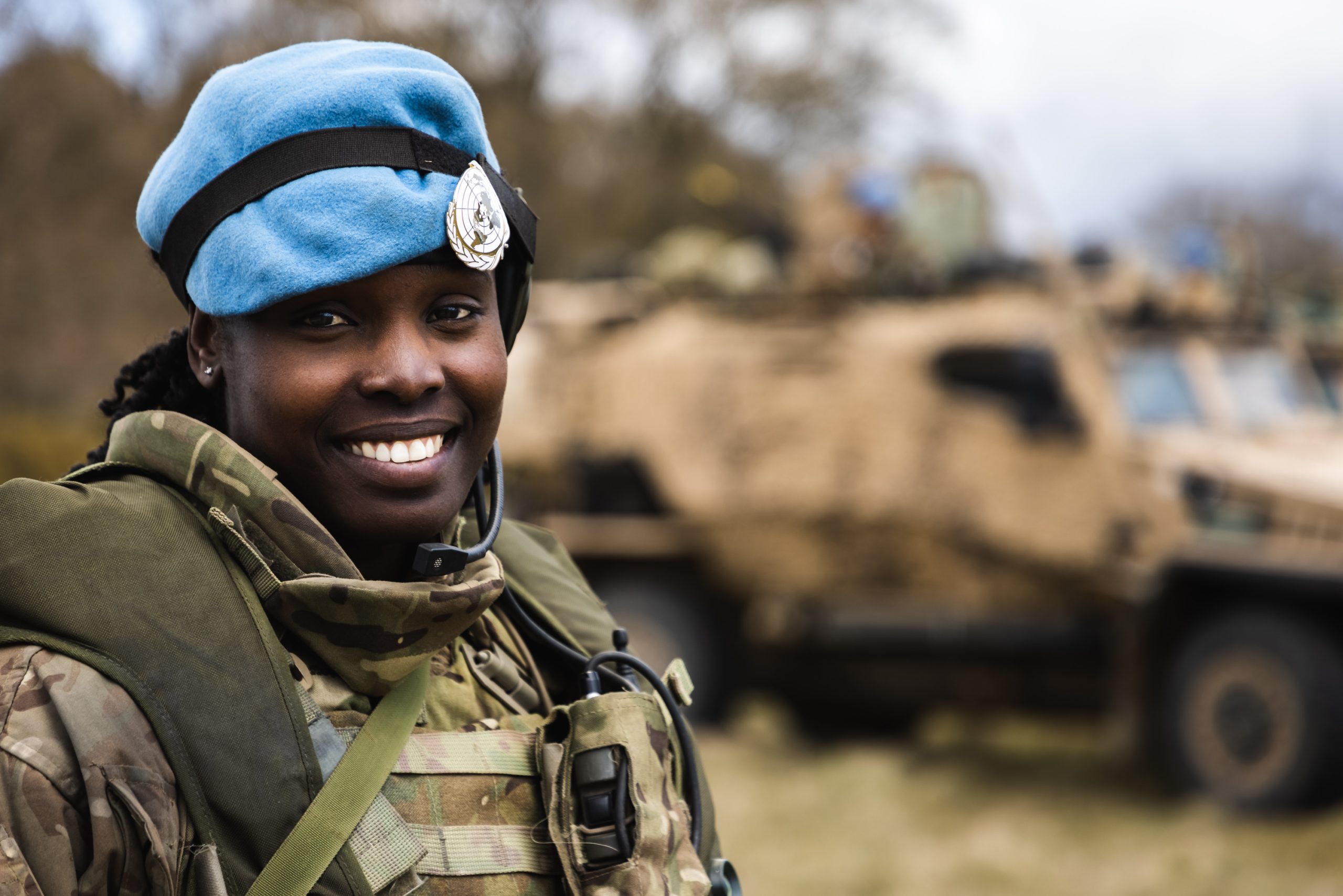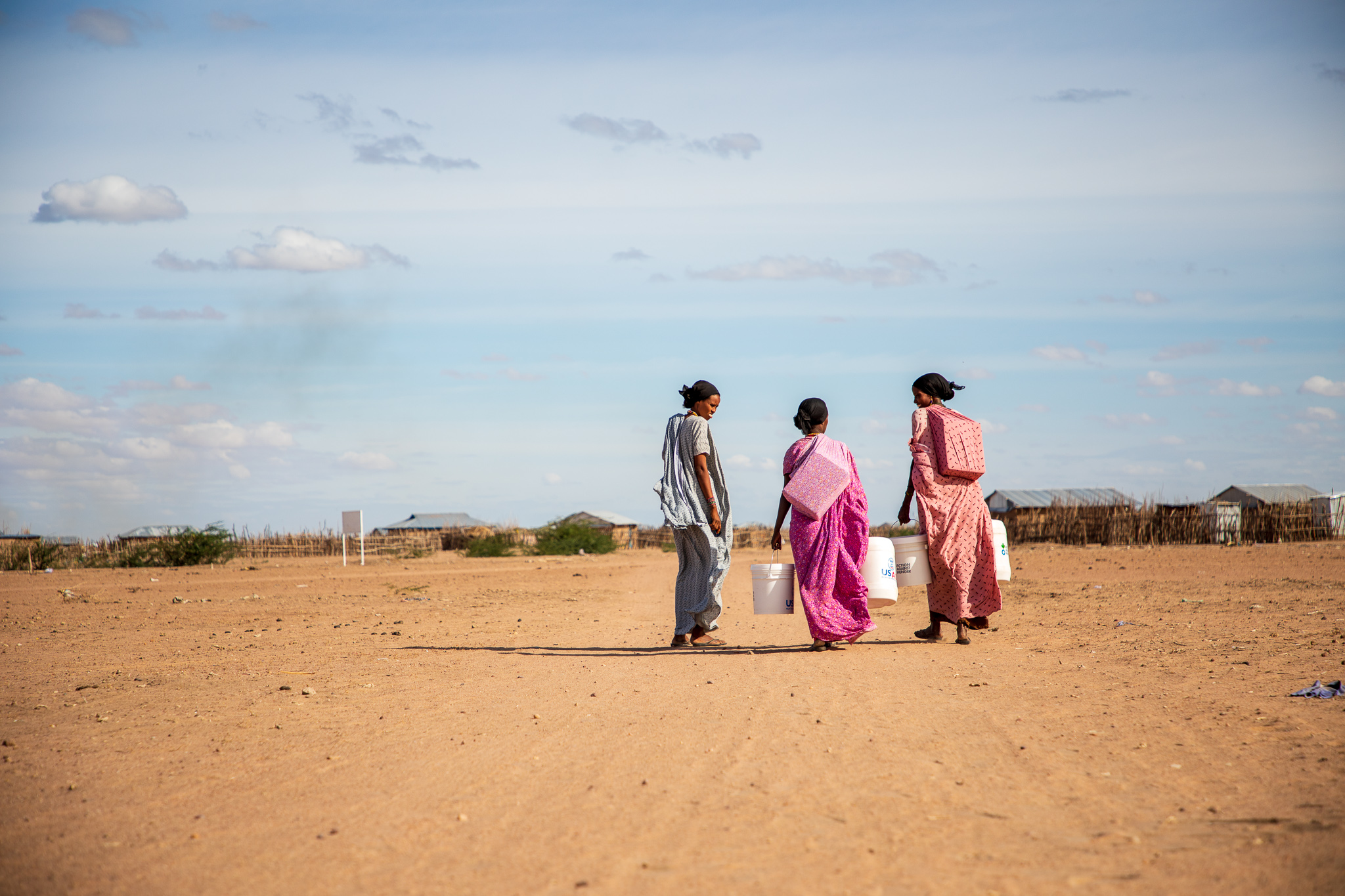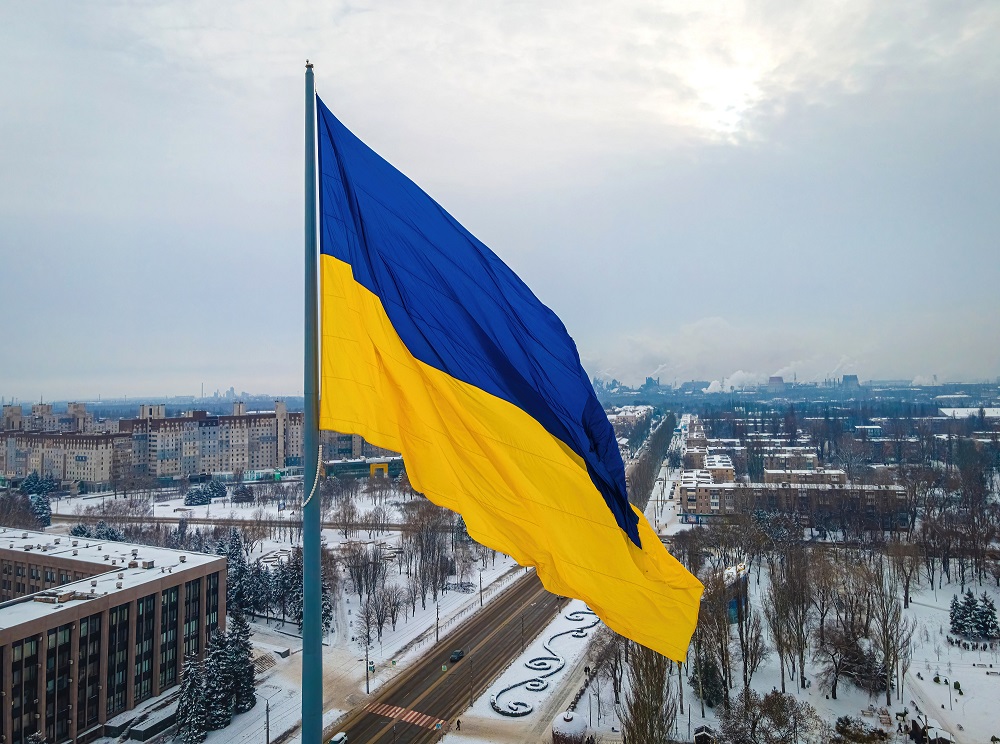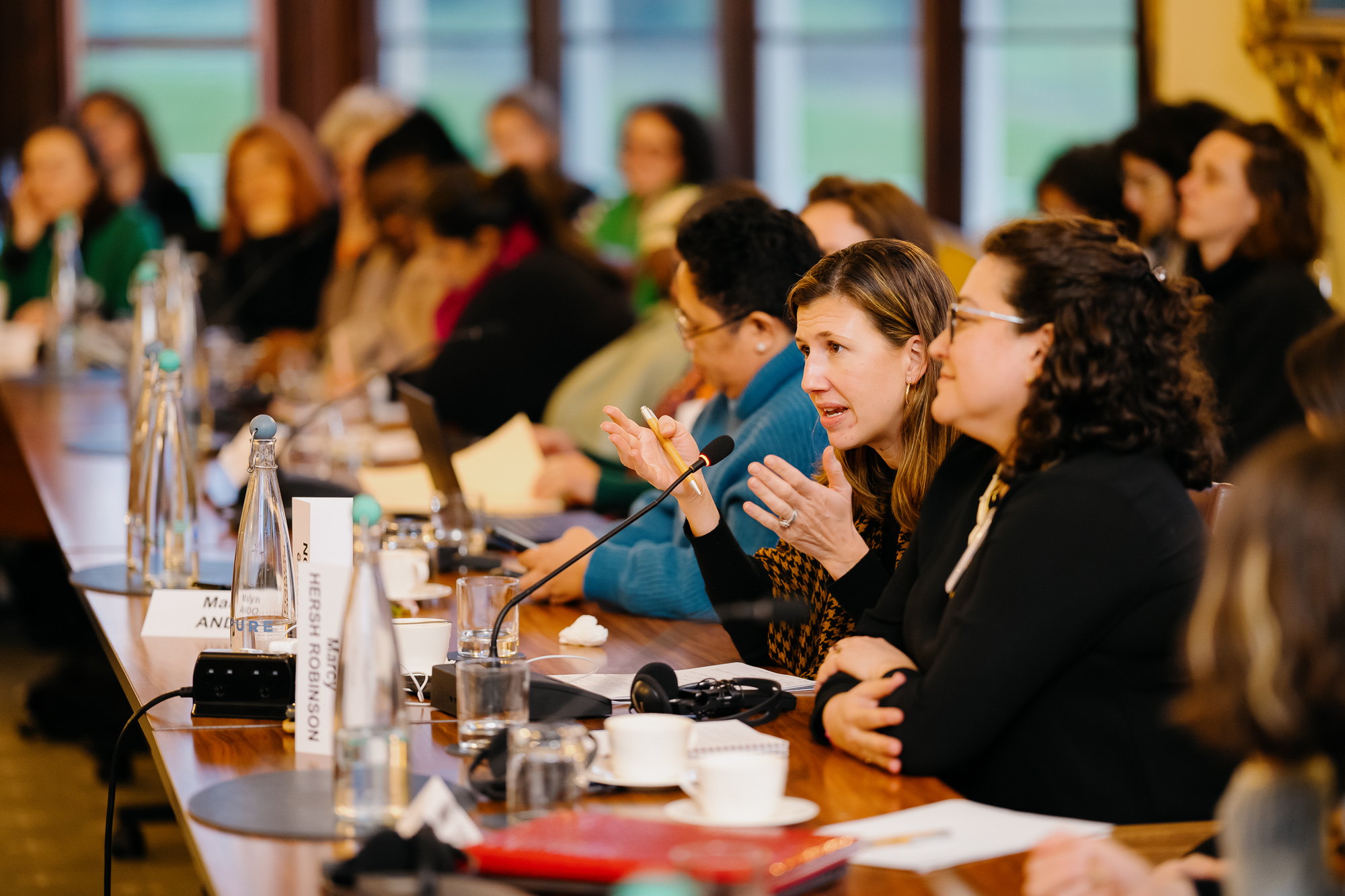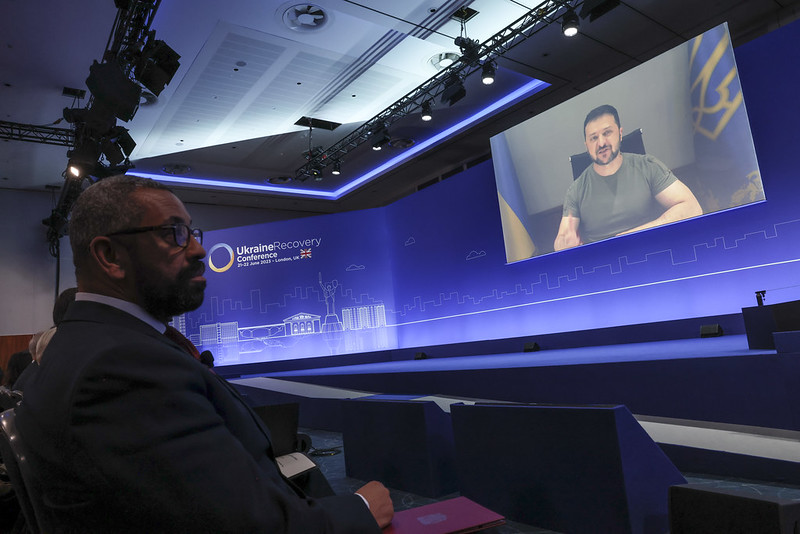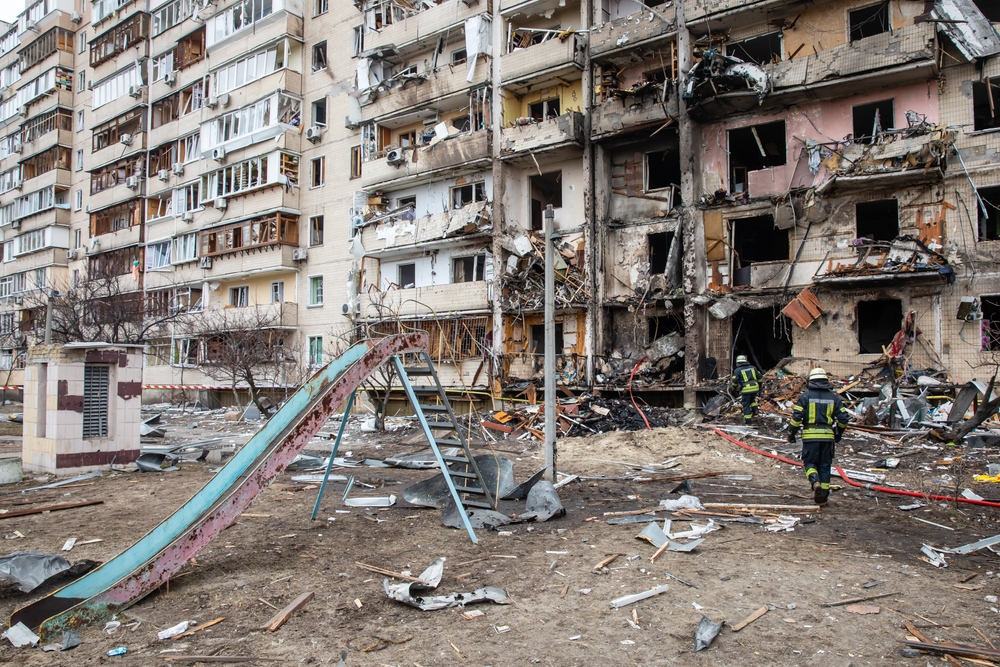Context
As countries emerge from conflict, the United Nations (UN) and the international community’s response needs to adapt to the evolving political, economic, development and security situations. The drawdown or closure of Peacekeeping or Special Political Missions, and ensuing reconfiguration of the UN presence, needs to minimise the risk of a relapse into conflict. UN transitions[1] should be shaped by improved conditions in post conflict societies and result in the take-over of more responsibility for security and development by national authorities. Yet experience has shown that national capacities often remain weak and considerable challenges to sustainable peace remain. Poorly planned and executed transitions can lead to an increased risk of relapse into violent conflict that jeopardises hard won political and development gains.
To be effective, UN transition planning requires collaboration and strategy coherence across the organisation’s pillars from an early stage. In recent years, the UN has increasingly acknowledged this and enhanced its cross-system response to transitions. In 2013, the UN approved a policy on UN Transitions in the Context of Mission Drawdowns. In 2014, an innovative joint project between the United Nations Development Programme (UNDP), the Department of Peacekeeping Operations (DPKO, now DPO), UN Department of Field Support (DFS, now DOS) and the UN Department of Political and Peacebuilding Affairs (DPA, now DPPA) was launched to improve the way in which UN transition processes are planned and managed. UN Secretary-General Guterres’ Sustaining Peace agenda has also promoted a whole of system approach to transitions.
However, the UN does not act alone in transition contexts. Host government capacity and willingness to take responsibility is critical at all stages. Other international, regional and local partners bring much needed influence, resourcing and expertise. This includes strategic partnerships with the International Financial Institutions (IFIs), regional and sub-regional organisations, as well as country-focussed partnerships with civil society and local peacebuilders.
Objectives
The aim is to identify realistic policy and practical options which can contribute to smoother and more sustainable transitions. We will draw on lessons learned from previous transitions to inform discussion across three overarching objectives:
- Review the evolution of the UN’s approach to transitions, identifying recurrent challenges and key issues in transition processes;
- Explore options for collaboration and partnerships between the UN and other organisations and partners in transition settings, including Member State bilateral relationships, IFIs, regional organisations, civil society and local stakeholders.
- Identify practical measures that could be taken by the UN, host governments and other stakeholders to enhance political and development outcomes and optimise use of resources in future transition contexts.
Five key policy questions
- What challenges does the UN face in implementing its current transitions strategy, including the Secretary General’s Transitions Planning Directive? How can they be addressed?
- How can the UN Security Council (UNSC) and the UN improve the scope and timing of transitions to maximise their chances of success? What role can mandates and benchmarks play?
- How do we ensure national leadership and ownership in transition processes in complex political settings, especially those characterised by weak national capacity and willingness to advance critical peacebuilding priorities?
- What steps can we take to sustain financing for peace consolidation during and beyond the transition process; how can the UN encourage private sector engagement, including on peacebuilding and development finance?
- What options are available to promote meaningful political engagement from international stakeholders beyond mission withdrawal?
About the UN Transitions Project
UNDP, DPO and DPPA, with the support of the Swedish International Development Agency and the UK Foreign and Commonwealth Office, launched an innovative joint project in 2014 to improve the way in which UN transition processes are being planned and managed across the organisation. Since its inception, the UN Transitions Project has contributed to a more timely, forward-looking and system-wide approach to UN transitions that positions the UN to consolidate peacebuilding gains and sustaining peace after mission withdrawal by providing: (1) rapid and integrated country support, (2) knowledge management and guidance enhancement, (3) capacity development to UN mission and UN Country Team staff, and (4) systematic engagement with Member States, key UN stakeholders and partners.
Useful Reading
Pivoting from Crisis to Development: Preparing for the Next Wave of UN Peace Operations Transitions



